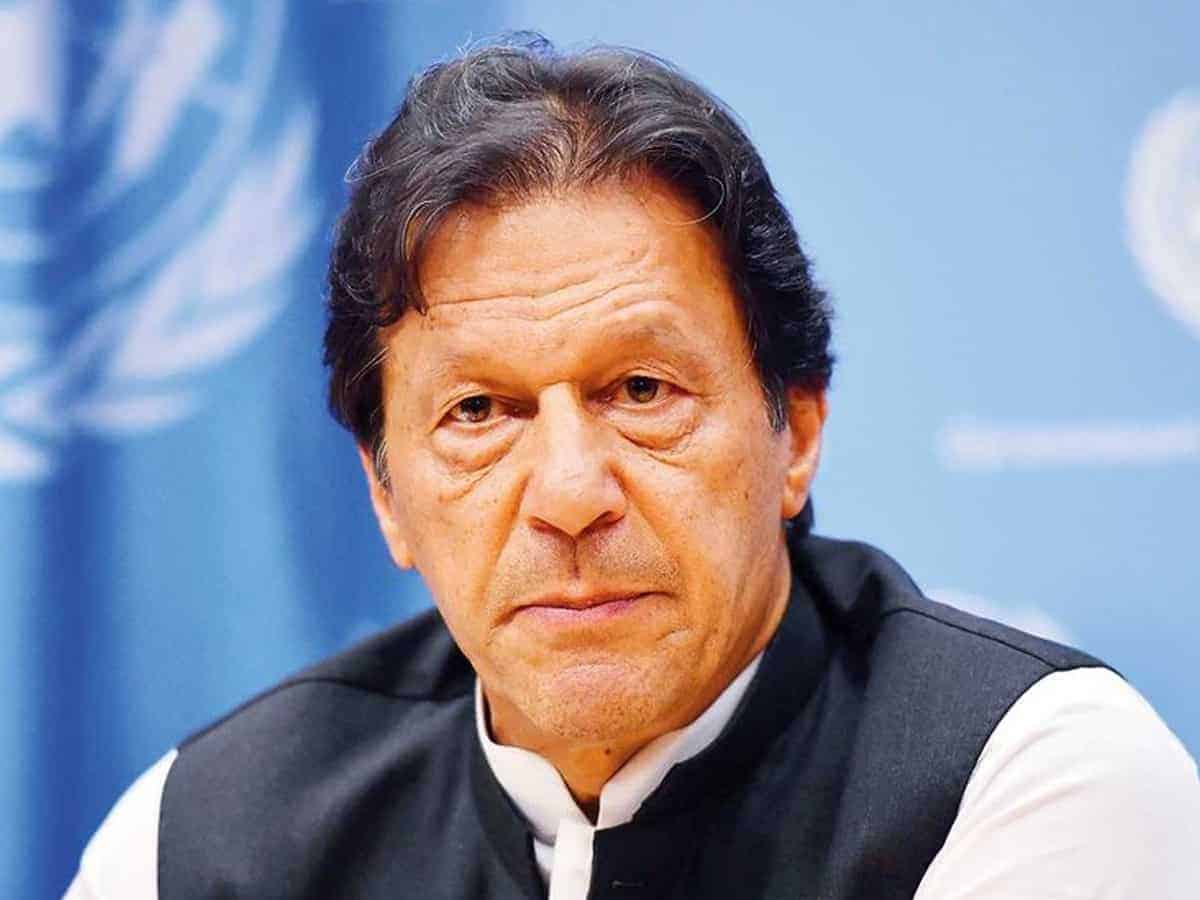
When a prime minister marries, it is his or her own business. It is no concern of the state. When that marriage becomes itself a business, then polity has every right to be concerned.
Even loyalists in the PPP cannot deny that when Mr. Asif Ali Zardari married Ms. Benazir Bhutto in December 1987 ‘for richer or for poorer’, she was the richer and he the poorer.
If the declaration of assets disclosed by the Election Commission of Pakistan for the last general election is to be believed, he the grieving widower is now the richer and their son, infinitely richer.
Pakistan is a nation in which the unexplained accretion of wealth is an art-form. It can boast more artistry than the Louvre in Paris or the Hermitage in St. Petersburg. Even after three years in government (though not always in control), the PTI’s election promises of an Augean sweep of accountability remains a slogan, an un-dispelled cloud reeking above a populace struggling to breathe cleaner air.
While the prime minister himself may be above suspicion, rumours abound about the protective penumbra that surrounds his court. They hint at dark influences, of planetary forces. He would not be the first to suffer such jeers.
In the 1900s, the Romanovs had Rasputin whose hold over the Czarina Alexandra and her haemophiliac son Alexis was one factor that contributed to the collapse of the Russian monarchy. In the 1950s, the Dutch throne was shaken when Queen Juliana allowed the faith healer Greet Hofmans — ‘a militant pacifist with a penchant for the occult’ – to compromise her royal position.
Murmurings have begun to be heard of the failure of democracy. Some nostalgists assert their preference of a presidential form of government over a representational multi-party structure. They yearn again for an authoritative Moses-like figure, standing tall above the squabbling tribes of Israel. They should re-read history.
We have had five medalled monarchs – President Major-General Iskander Mirza, President Field Marshal Ayub Khan, President General Yahya Khan, President General Ziaul Haq, and President General Pervez Musharraf. Each came with sharp, clear-cut intentions; each left with a blunted reputation.
Culpable to their own degree were their acolytes – civil and military – who propelled them to power. Once their purpose had been served, these boosters were rapidly discarded, somersaulting into oblivion.
Of the mufti presidents, president Ghulam Ishaq Khan wore his civilian garb with a khaki lining. Others like Farooq Leghari were tempted to wield the sceptre rather than support the symbolic orb. Many, like the penultimate President Mamnoon Hussain who died recently, shuffled into obscurity, un-mourned and unsung.
President Dr. Arif Alvi has been caught using Governor’s House in Karachi as a backdrop for the signing ceremony between a foreign company and his private dental clinic, to which he intends to retire. He has had the grace to apologise to the nation.
The Cabinet Division is even more cavalier about the Presidency. Its website – cabinet.gov.pk>presidents-dec-15(1) – shows the late Mamnoon Hussain still as its current incumbent.
Pragmatists may dismiss these as minor quibbles when there are weightier issues that should be engaging the state. For example, the indecent haste with which the joint session of parliament lately approved a number of important bills into law. A senior jurist, who is part of the government, wondered how he would ever be able to argue before any bench the true intent of the legislature, when over a hundred and fifty legislators to his personal knowledge had not even read the bills before passing them.
This week, a mob in Sialkot lynched a Sri Lankan manager, desecrated his body, cremated it without rites. That act of communal cruelty should cause a blush of shame to spread across the face of every Pakistani, from Gwadar to Gilgit.
Except that the green in our flag is gradually inching out the white. When tolerance yields its space without a struggle, the horrible alternative leads only to extinction, whether of an individual expatriate, of the governor of our largest province [the late Salmaan Taseer], or of society itself.
Over the weekend, the Foreign Minister hosted a mocktail of ambassadors in Lahore to watch a polo match in the crisp open air, presumably to contradict the city’s uncomfortably high AQI rating. The next day, he took his guests to Aitchison College (his and the PM’s alma mater), to convince them that the PTI’s national curriculum is being honoured in turbaned spirit, if not in plebeian practice.
Separately, from a restaurant in London, the sitting Governor Punjab has fired the first salvo, signalling his planned desertion from the PTI. How long will it be before other former PML-N turncoats also turn coat again, and seek dissolution of their short-lived marriage of inconvenience?
Fakir S Aijazuddin is a noted thinker and columnist of Pakistan

